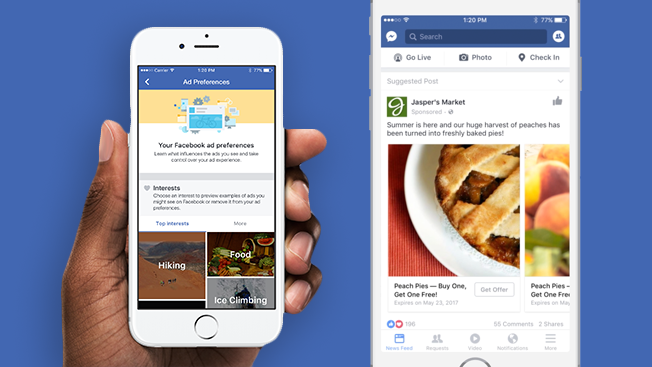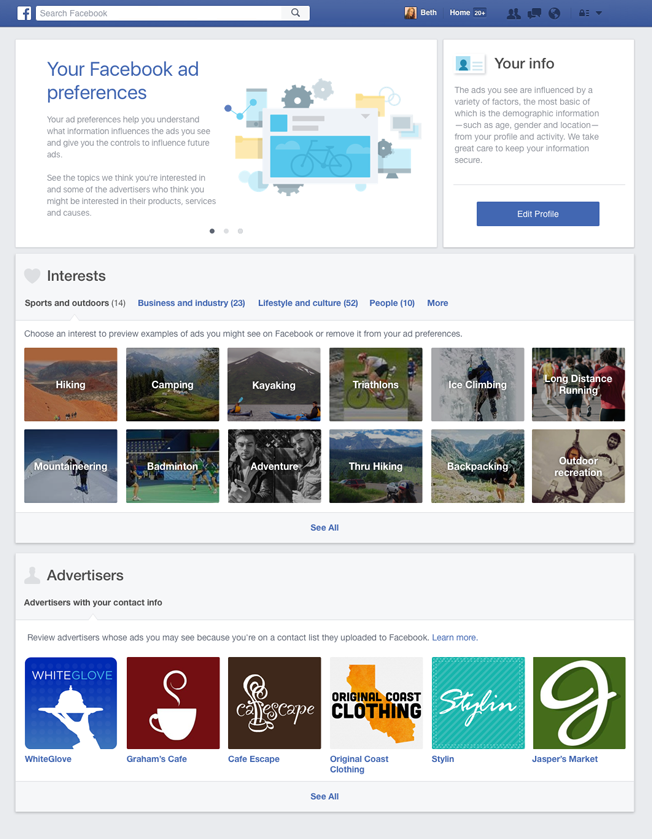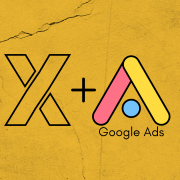Facebook Blocks Ad Blockers While Giving Users More Control Over Ads

Facebook operates one of the largest ad services on the internet and they claim they have finally figured out how to beat ad blockers with two new changes to their ad platform.
To start, the company has announced they have created a way to get past ad blocking extensions on desktop to show ads to everyone who visits their site – even if they don’t want to see them. The company was unwilling to say how they have accomplished this, but most likely they have created a way to ‘cloak’ their ads so they are not able to be targeted and blocked by popular ad blockers.
While Facebook is blocking ad blockers on desktop devices only, they are most likely working to do the same on mobile in the near future.
To compensate for this, Facebook is trying to make sure the ads users see are more relevant and useful to their lives by giving new control over what ads are shown in their news feeds.
The new ad control tool was released today and lets users add or remove interests from an “ad preferences” list to show what topics they are most interested in.

“When they’re relevant and well-made, ads can be useful, by helping us find new products and services and introducing us to new experiences—like an ad that shows you your favorite band is coming to town or an amazing airline deal to a tropical vacation,” Andrew Bosworth, VP of ads and business platform for Facebook, wrote in a blog post. “But because ads don’t always work this way, many people have started avoiding certain websites or apps, or using ad blocking software, to stop seeing bad ads. These have been the best options to date.
To help refine their ad service, Facebook commissioned research firm Ipsos MORI to survey users from around the world to determine why users are ad blockers have become so popular. The majority of those surveyed said the main reason they started using ad blockers was because advertising often disrupted their browsing experience.
“While people want a personalized online experience, they dislike ads that are disruptive, however personalized,” wrote Adam Isaacson, research director of Ipsos Connect. “Those that block the content on the page, that pop up with sound and that slow the content on the page were all seen to be disruptive by our qualitative sample.”
The hope of the new changes to Facebook’s advertising service is that giving people more control will make users more interested in the ads their shown and provide a more seamless browsing experience. While many will complain about the move to thwart ad blocking software, the ability to choose what you’re shown will hopefully make the change easier to swallow.







Leave a Reply
Want to join the discussion?Feel free to contribute!